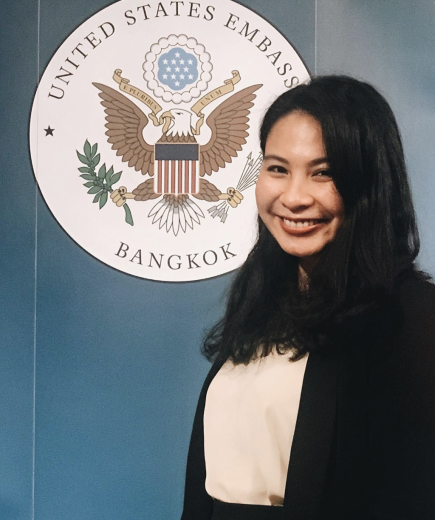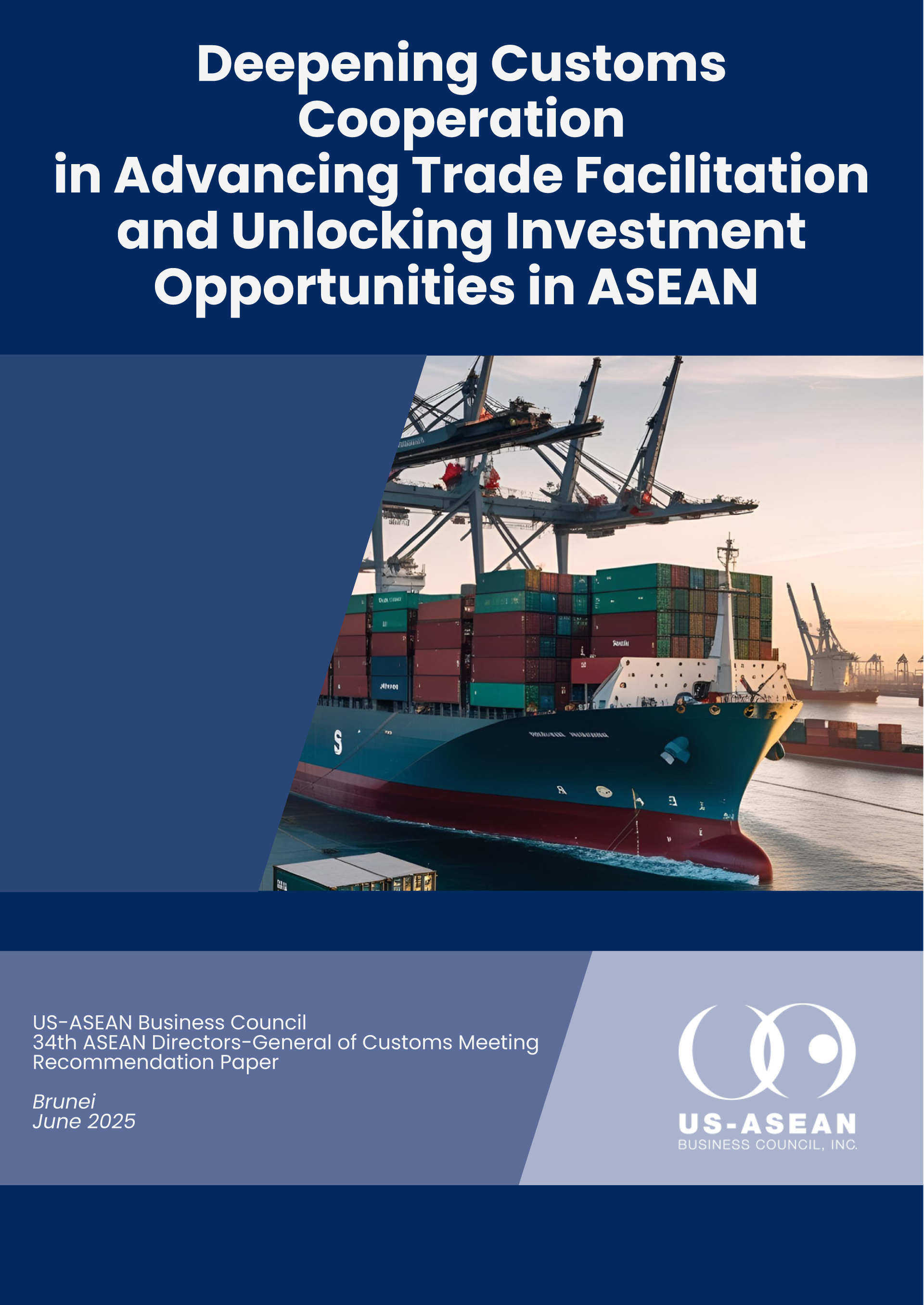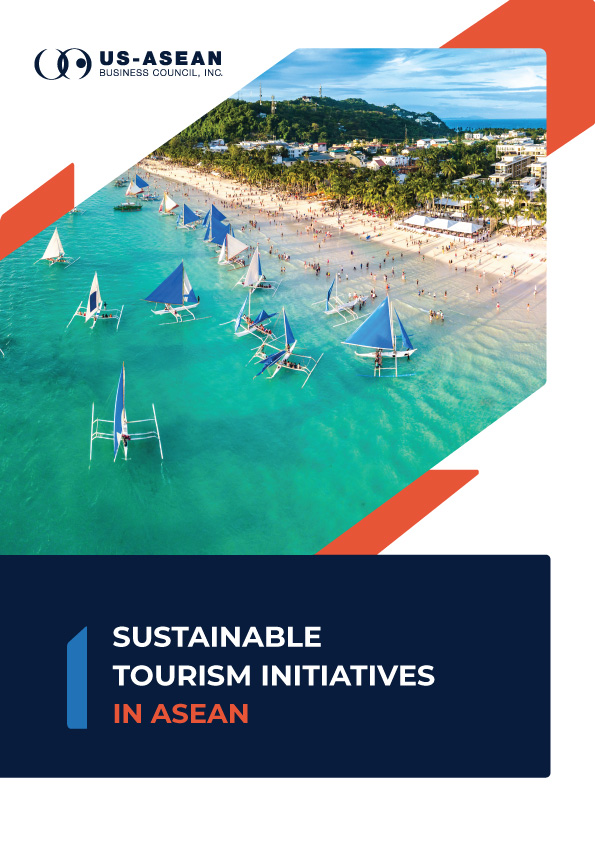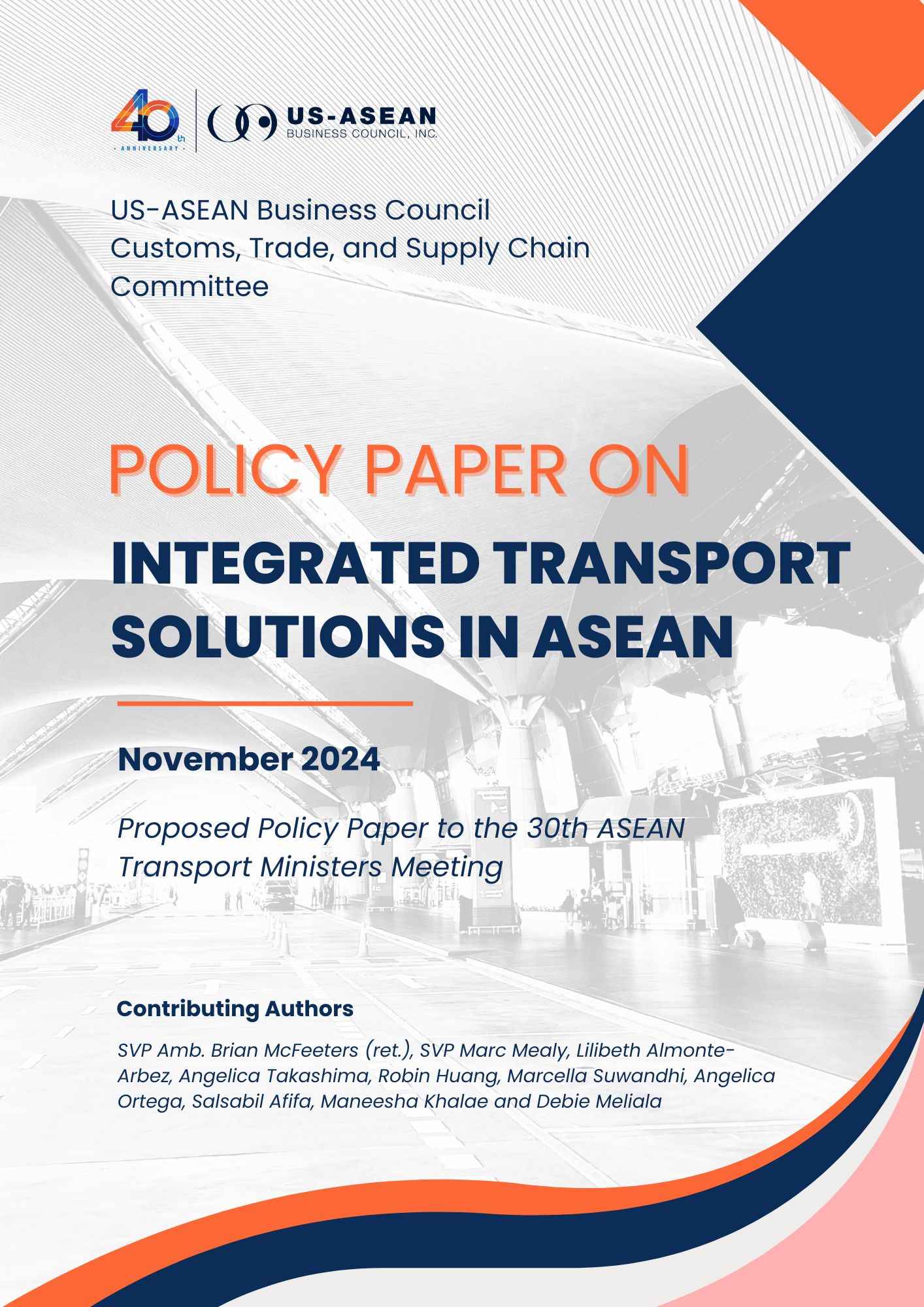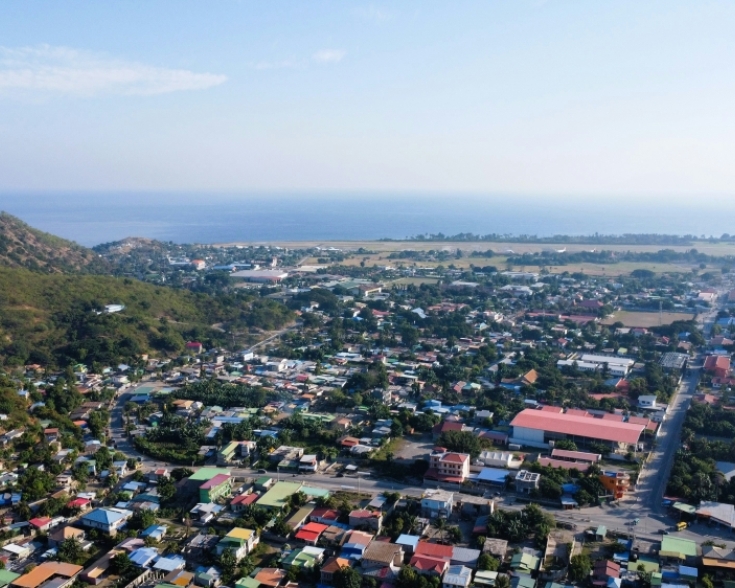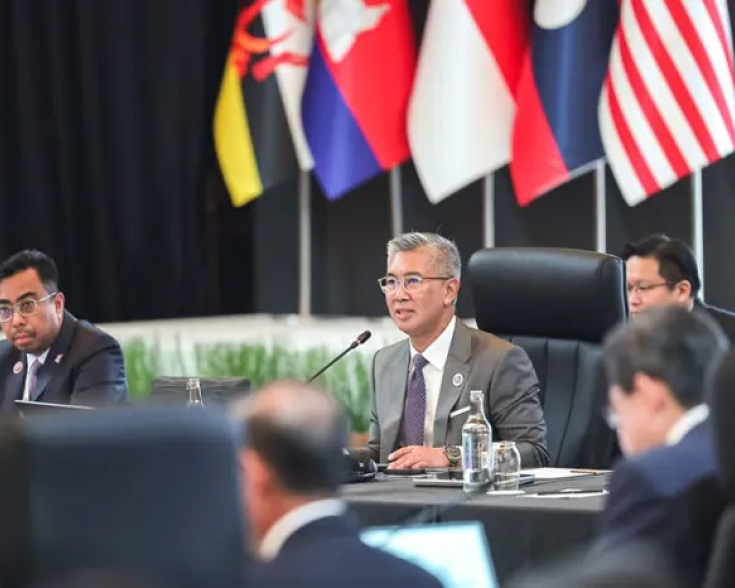Southeast Asia’s Visa Schemes to Strengthen Domestic Ecosystems by Attracting Remote Professionals and Foreign Investors

In recent years, Southeast Asia has emerged as a prime destination for high skilled digital nomads, with countries like Thailand, Indonesia, and Malaysia attracting remote workers through special visa schemes and initiatives.
For example, Thailand’s government launched the Destination Thailand Visa (DTV) in July, which has already been issued to nearly 1,200 remote workers. The DTV scheme aims to attract digital nomads and freelancers to work in the country for up to 180 days per entry. With the visa being valid for up to 5 years.
Earlier this year, Indonesia launched the Bali Remote Worker visa, also known as E33G, which allows digital nomads to stay on the island for a maximum of one year. Additionally, Indonesia expanded its visa offerings with the launch of the “Golden Visa” in July, following the trial phase last year. This visa is designed to attract high-quality travelers and foreign investors and offers two main options: a five-year and a ten-year visa. For the five-year visa, individual investors are required to set up a company worth $2.5 million, while the ten-year option requires a $5-million investment.
The Government of Malaysia expanded the eligibility criteria for the DE Rantau Nomad Pass Visa, which was first introduced in 2022 to position Malaysia as the preferred digital nomad hub. The criteria now include professionals from fields beyond IT or digital. The country aims to attract about 80,000 digital nomads by 2025 and is expected to inject about 4.8 billion ringgit ($1.02 billion) into the local economy through this program.
The Government of Vietnam has yet to implement a specific visa policy for digital nomads. However, the country grants three-month tourist visas to citizens of some countries and territories. Despite the lack of remote work visa, Da Nang has gained recognition as a top destination for remote workers, ranking second only after Tokyo, among the fastest-growing remote work destinations.


